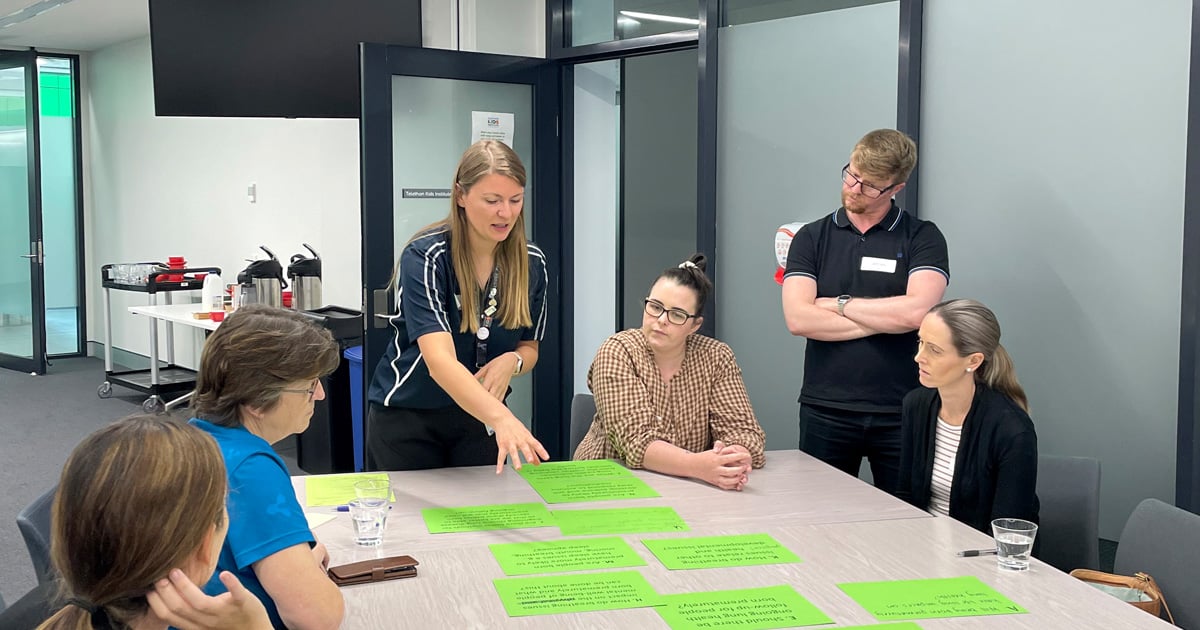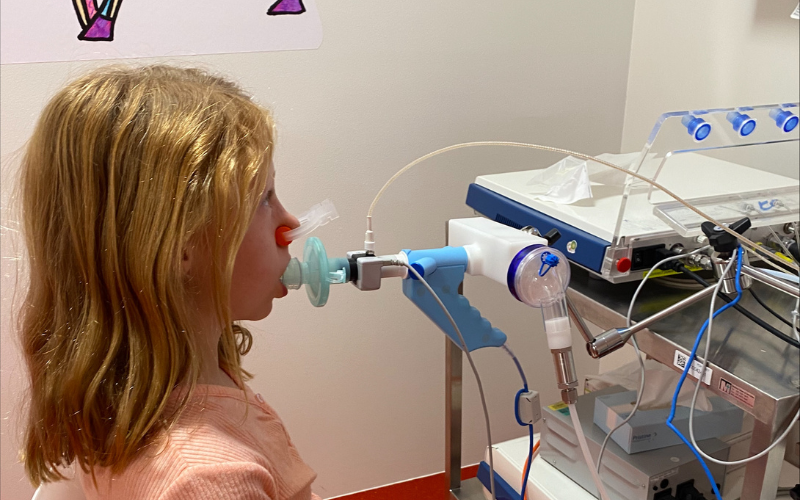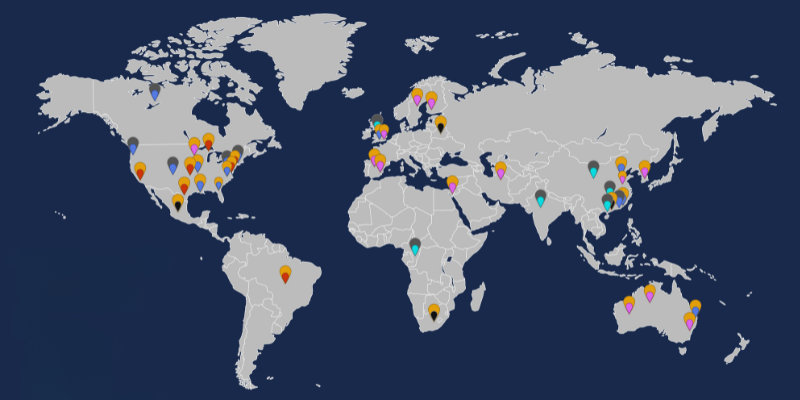Search
Showing results for "Au"

News & Events
Perron grants help give researchers wingsValuable support from the Stan Perron Charitable Foundation will enable The Kids Research Institute Australia researchers to commence projects on topics ranging from disability, mental health and lung disease to diabetes, Aboriginal leadership, and the development of child-focused pandemic policies.
Research
Randomised controlled trials of behavioural nudges delivered through text messages to increase influenza and COVID-19 vaccines among pregnant women (the EPIC study): study protocolInfluenza and COVID-19 infections during pregnancy may have serious adverse consequences for women as well as their infants. However, uptake of influenza and COVID-19 vaccines during pregnancy remains suboptimal. This study aims to assess the effectiveness of a multi-component nudge intervention to improve influenza and COVID-19 vaccine uptake among pregnant women.
Research
Changing rules, recommendations, and risks: COVID-19 vaccination decisions and emotions during pregnancyAs COVID-19 vaccinations rolled out globally from late 2020, rules and recommendations regarding vaccine use in pregnancy shifted rapidly. Pre-registration COVID-19 vaccine trials excluded those who were pregnant. Initial Australian medical advice did not routinely recommend COVID-19 vaccines in pregnancy, due to limited safety data and little perceived risk of local transmission.
Research
Invasive fungal disease in children with solid tumors: An Australian multicenter 10-year reviewInvasive fungal disease (IFD) occurs less frequently during treatment for solid compared to hematological malignancies in children, and risk groups are poorly defined. Retrospective national multicenter cohort data (2004-2013) were analyzed to document prevalence, clinical characteristics, and microbiology of IFD.

News & Events
Community partnership sets priorities for preterm lung health researchRespiratory disease remains one of the most significant complications of preterm birth, with lasting consequences.

News & Events
Research into innovative treatments for people with asthma and antibiotic resistance supported by Innovation FellowshipsTwo outstanding researchers from the Wal-yan Respiratory Research Centre have been awarded a 2022 Innovation Fellowship supported by the WA Government's Future Health Research and Innovation (FHRI) Fund.

News & Events
New study to better understand how bronchiectasis develops during childhoodA new research project – the WA Paediatric Bronchiectasis Cohort Study – officially commenced this month with the aim of looking at children with bronchiectasis in Western Australia, like nine-year-old Holly (pictured), to better understand how this disease develops during childhood.

News & Events
Vertex grant to support research into treatment strategies for cystic fibrosis lung diseaseDr Daniel Laucirica, a research officer with the Wal-yan Respiratory Research Centre, will undertake new research into potential treatment strategies to prevent lung damage in people with cystic fibrosis (CF), under the mentorship of Associate Professor Anthony Kicic - made possible by a Vertex Cyst

News & Events
Kids Easy Breathing Study KickstartsThe Kids Easy Breathing Study kickstarts this month, with the aim of finding out how the airway surface is different between infants who develop chronic lung disease after contracting bronchiolitis compared with those who don’t.

News & Events
Study shows climate change will devastate children’s health without fast global actionIncreased numbers of preterm births, higher incidence of respiratory disease and death, and more children in hospitals are some of the stark health outcomes the world is facing from the impacts of extreme climate change.
